Blogs Navigation
Sustainable BusinessRecent posts

Financial Health: Driving Growth in Latin America and the Caribbean
According to the latest Global Findex database, the proportion of adults in Latin America and the Caribbean (LAC) with account ownership rose from 39% in 2011 to over 75% in 2025. This increase was driven by the rise of digital-first financial service providers, expanded government transfers, and innovations that enhance the value proposition, such as the growth of e-commerce and instant payment systems in countries like Brazil, Peru, and Costa Rica.

IDB Invest and the New Push for the Private Sector in Paraguay
Imagine investing in a portfolio of projects in a country with sustained economic growth, low inflation, abundant clean energy, and preferential access to a regional market of 270 million consumers. That country is Paraguay, where IDB Invest has committed to mobilizing up to $1 billion to support strategic private-sector projects that drive sustainable development.
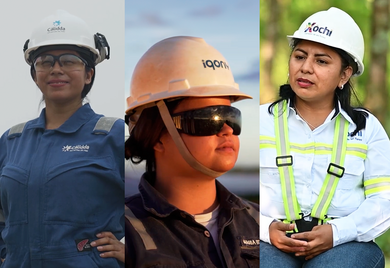
Energy and Transport Infrastructure: Projects Driving Jobs and Transforming Communities
IDB Invest works to boost job creation through the private sector and ensure these opportunities reach areas with the potential to develop new productive sectors and generate formal employment. Financing energy and transport infrastructure projects in Latin America and the Caribbean has been crucial for creating quality jobs and increasing women's workforce participation.
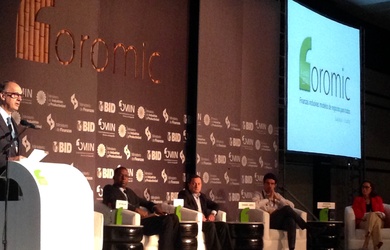
The evolution of impact investing: 6 signs of progress
Today experts from Latin America and the Caribbean gathered at the Foromic Conference in Guayaquil, Ecuador, to reflect on the evolution of impact investing. A recent JP Morgan and Global Impact Investing Network survey estimates there is at least $46 billion in impact investing assets under management globally, a figure expected to grow ten-fold in the next five years, according to predictions by the same institutions. The industry is especially relevant in emerging markets, where seventy percent of investment capital flows. This made today a timely moment of self-reflection to highlight how far impact investing has come and where it is going.
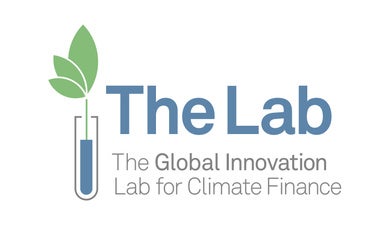
A Laboratory for Climate Finance
Editor’s Note: As of October 20th 2014, the Agricultural Supply Chain Adaptation Facility, along with 3 other financial instruments, has been selected at the Second Lab Advisor’s Meeting to move forward to Phase 3. During this phase, the Lab will refine the 4 most promising instruments with further analysis and stress testing, so they can be ready for pilot.
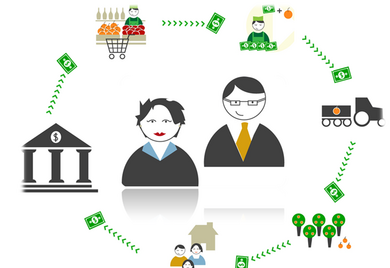
Three ways multilaterals support local banks and drive innovation in the Caribbean
Local banks are a core component of the market architecture in Latin America and the Caribbean with the potential to catalyze innovation and growth. As I return from the Americas Competitiveness Forum in Trinidad & Tobago, my third visit to the country this year, I am reminded how dynamic and innovative its business environment is and how multilaterals can better engage Caribbean business. Here are three ways we support local banks and drive innovation.
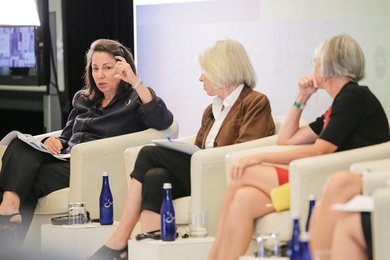
Data gaps and women entrepreneurs: why they matter
* By Nancy Lee, General Manager, Multilateral Investment Fund While moderating a panel at the annual summit of the Global Banking Alliance for Women on gaps in data about the women’s market, I briefed the audience of about 200 on the gender-related results of a 2013 survey by FELABAN, the Latin American bankers’ association. The survey posed two questions to regional bankers regarding use of data broken down by gender and how banks serve their women clients.

EYE Scream, You Scream, We All Scream for EYE Bonds!
Three firsts for the Education, Youth and Employment Bond program * By Michelle Viegas On September 23, 2014, a delivery of 16 pints of Ben & Jerry’s ice cream arrived to the Boston office of Breckinridge Capital Advisors. Observers may have assumed that it had been ordered for a celebration, perhaps for a company anniversary or an employee’s retirement or birthday. That day, however, similar deliveries were made to various companies throughout Boston, including Zipcar, Patagonia and Invested Development. Ben & Jerry’s was simply thanking them for their contributions as fellow certified B Corps – companies that meet rigorous standards of social and environmental performance, accountability, and transparency. As the certifying non-profit B Lab explains, “B Corp certification is to sustainable business what LEED certification is to green building.”

The business case for buying less, but good stuff
I dare you: Can you buy nothing for a whole day? I know it sounds tough, but this was the idea behind the first day of No Impact Week at the IDB – No Consumption Day.


